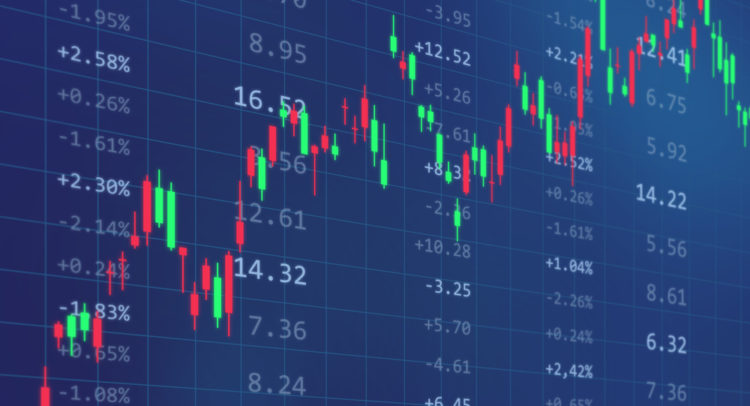

In the realm of financial markets, Indian equity indices embarked on an unprecedented journey to attain fresh pinnacles on Monday. The Nifty 50 and Sensex gracefully breached the formidable barriers of 22,000 and 73,000, respectively, marking a historic milestone. This remarkable ascent was orchestrated by the resounding performance of information technology stocks, buoyed by stellar results from industry giants such as HCLTech and Wipro.
As the clock struck 9:22 am, the BSE Sensex proudly flaunted a commendable surge of 656 points or 0.90%, standing tall at 73,225. Concurrently, the Nifty50 demonstrated its upward prowess, hovering at 22,071 and notching up a gain of 167 points or 0.81%.
In a strategic move to bolster consumption ahead of the impending general elections, Finance Minister Sitharaman contemplates extending additional incentives to women and marginalized communities. Experts, cited by PTI, speculate that these supplementary measures could potentially serve as catalysts for economic rejuvenation.
Traditionally, interim Budgets, a prelude to general elections in the Lok Sabha, refrain from introducing novel tax propositions or groundbreaking schemes. Instead, they focus on addressing immediate economic exigencies that cannot afford the luxury of a four-month hiatus until the unveiling of the comprehensive budget post the formation of a new government.
Addressing the pressing concerns surrounding dwindling consumption demand in the economy, Deloitte India Partner Rajat Wahi observed a notable escalation in prices for everyday consumer goods, particularly in the fast-moving consumer goods (FMCG) sector. The complex interplay of global supply chain disruptions, escalating input costs, inflationary pressures, and rising interest rates collectively cast a pall over the lower-income strata, both rural and urban.
Wahi accentuated the profound repercussions of the price surge on the economically disadvantaged segment, as manifested by a surge in loan defaults. The envisioned agricultural growth, aimed at doubling farm income, remains elusive due to the specter of inflation.
Citing advance estimates of GDP, the agricultural sector’s growth is anticipated to decelerate to a modest 1.8% in the ongoing fiscal period.
Chief Economist at India Ratings & Research, Devendra Kumar Pant, elucidated the primary purpose of a vote-on-account—facilitating government expenditure on salaries, wages, interest payments, and debt services for the initial four months of the ensuing fiscal year.
However, Pant emphasized the imperative of prompt action in the face of societal stress, challenging the conventional notion of waiting for a prolonged four to five months. Intervention for vulnerable sections, he opined, might be an essential component of the interim Budget to avert a potential deterioration of the situation.
Analyzing Index of Industrial Production (IIP) data for April-November, the deceleration in the output of consumer durables to a mere 0.6% (compared to 5.3% last year) raised alarms. While consumer non-durables exhibited a more favorable 5.6% growth over the eight-month period in 2023, it was against the backdrop of a 2.2% decline in the same period of 2022.
Proposing a strategy to boost consumption demand, Deloitte India Partner Sanjay Kumar advocated for a nuanced approach in the tax regime. Specifically, he hinted at the possibility of tweaking tax slabs to render them more appealing, thereby leaving taxpayers with a more substantial financial cushion. The inclusion of deductions for home loan interest in the new tax regime emerged as a noteworthy consideration in this fiscal discourse.